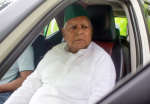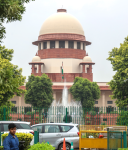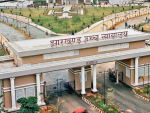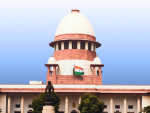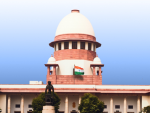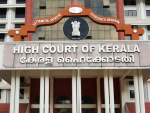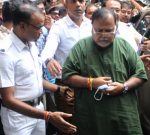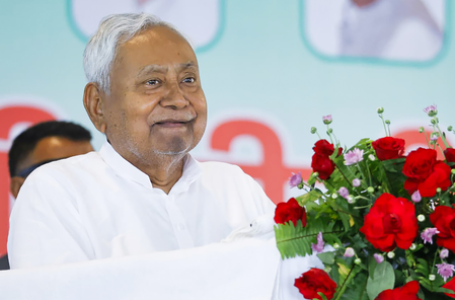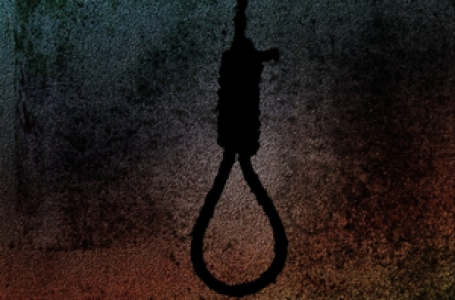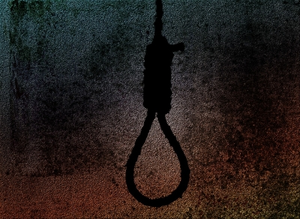
New Delhi: The Supreme Court on Wednesday questioned the Central government’s reluctance to consider lethal injection as an alternative to hanging for executing death sentences, observing that it “is not willing to change” despite changing times.
A bench of Justice Vikram Nath and Justice Sandeep Mehta made the observation while hearing a public interest litigation (PIL) filed by advocate Rishi Malhotra, seeking to replace hanging with alternative methods such as lethal injection, electrocution, shooting, or gas chamber — procedures in which a convict could die within minutes.
The plea argued that the present method of execution of the death sentence in India — by hanging by the neck till the prisoner is dead — is “painful, inhuman, and cruel”.
“The problem is that the government is not willing to change. This is a very old process — times have changed,” the Justice Vikram Nath-led Bench orally remarked, responding to the Centre’s affidavit, which stated that offering convicts a choice between hanging and lethal injection may not be “feasible”.
In its affidavit, the Union government stated that the issue involves a policy decision and maintained that it was not inclined to alter the current system of execution.
After hearing the submissions, the apex court posted the matter for further hearing on November 11.
The PIL has sought to declare Section 354(5) of the Code of Criminal Procedure (CrPC) — which prescribes hanging by the neck till death — as unconstitutional, and urged the apex court to recognise the right to die by a dignified procedure of death as a facet of Article 21 (right to life) of the Constitution.
According to the petitioner, death by hanging can take around 40 minutes, whereas lethal injection or shooting leads to death within five minutes, causing significantly less pain.
In March 2023, the Supreme Court indicated that it was open to setting up a panel of experts to examine whether there exists a less painful and more dignified method of execution than hanging.
At that time, Attorney General R. Venkataramani had informed a bench headed by then Chief Justice of India (CJI) D.Y. Chandrachud that the government was considering appointing such a committee and was in the process of finalising names.
In that hearing, the apex court had asked whether advancements in science and technology could guide a shift toward methods more consistent with human dignity and social acceptability.
“Do we have any data either in India or overseas relating to the circumstances as they transpired in the execution of the sentence of death with alternate methods?” it had queried.
The Supreme Court, in October 2017, had issued notice to the Centre, noting the contention of the petitioner that the convict whose life has to end because of the conviction and the sentence should not be compelled to suffer the pain of hanging.
IANS




